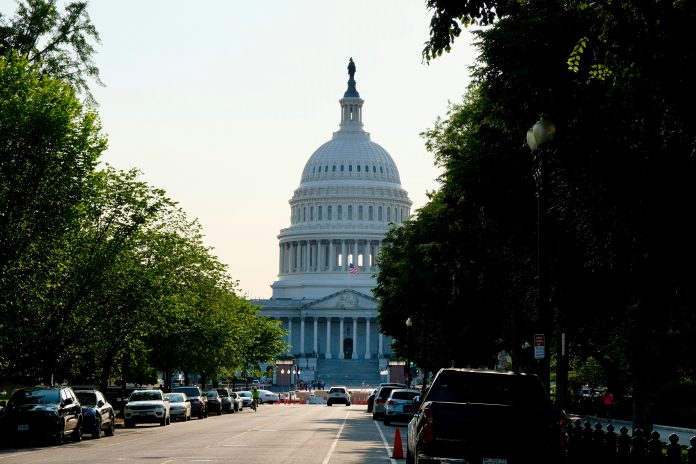State lawmakers from across the US, including Colorado, Connecticut, and Texas, are spearheading major legislative efforts to regulate AI.
According to Security Week, these initiatives, aiming to address AI’s discriminatory biases, mark a significant step forward in the governance of technology that impacts critical areas of American life—from employment and housing to healthcare.
At the heart of the legislative battle is the push for greater transparency and accountability in how AI technologies make decisions that affect individuals. The proposed laws, particularly in Colorado and Connecticut, would compel companies to conduct and disclose “impact assessments” of their AI systems. These assessments are designed to analyze the potential for discrimination within AI decision-making processes, detailing the data collected, the role of AI in decisions, and the measures taken to mitigate bias risks.
Despite the noble intentions, the proposals have ignited a tug-of-war between civil rights groups advocating for rigorous oversight and an industry wary of operational constraints and legal vulnerabilities. The core contention revolves around the mechanisms for ensuring accountability. While the legislation seeks to make companies more answerable by requiring them to report any discovered discrimination to the attorney general, critics argue that relying on self-reporting by firms could undermine the effectiveness of the regulation, leaving discriminatory practices unchecked until after the fact.
David Edmonson, representing TechNet, a coalition of technology leaders, argues for a balanced approach that mitigates risks without stifling innovation. However, labor unions and consumer advocates express concerns over the potential for companies to exploit legal loopholes to the detriment of workers and consumers. The contentious debate also extends to the legal recourse available to victims of AI bias, with current proposals largely restricting lawsuit filings to state attorney generals, thereby limiting individual citizens’ capacity to seek justice.
Despite these challenges, bipartisan groups of lawmakers are committed to advancing the dialogue on AI regulation, emphasizing the need for collaboration across states to ensure consistency and the opportunity for legislative refinement over time. Their efforts reflect a pioneering attempt to navigate the complex landscape of AI governance, even as they face significant opposition from both the tech industry and civil rights activists.
As the debate unfolds, the outcome of these legislative efforts will likely set important precedents for the future of AI regulation, balancing the promise of technological innovation against the imperative of protecting civil rights and ensuring equitable treatment for all.
Colorado’s Democratic Senate Majority Leader Robert Rodriguez highlighted the groundbreaking nature of their policy efforts, stating, “Every bill we run is going to end the world as we know it. That’s a common thread you hear when you run policies. We’re here with a policy that’s not been done anywhere to the extent that we’ve done it, and it’s a glass ceiling we’re breaking trying to do good policy.”
Alaska’s Republican Sen. Shelley Hughes echoed the sentiment of cautious optimism, remarking, “It’s a new frontier and in a way, a bit of a wild, wild West. But it is a good reminder that legislation that passed, it’s not in stone, it can be tweaked over time.”
Suresh Venkatasubramanian, a professor at Brown University, underscored the intrinsic challenges of AI bias, stating, “You have to do something explicit to not be biased in the first place.”
David Edmonson of TechNet emphasized the industry’s willingness to work with lawmakers, saying, “We work with lawmakers to ensure any legislation addresses AI’s risk while allowing innovation to flourish.”
Connecticut’s Democratic state Sen. James Maroney defended the legislative efforts against accusations of industry influence, asserting, “I believe that we are on the right path. We’ve worked together with people from industry, from academia, from civil society. Everyone wants to feel safe, and we’re creating regulations that will allow for safe and trustworthy AI.”
Copyright © 2024 RegTech Analyst
Copyright © 2018 RegTech Analyst



